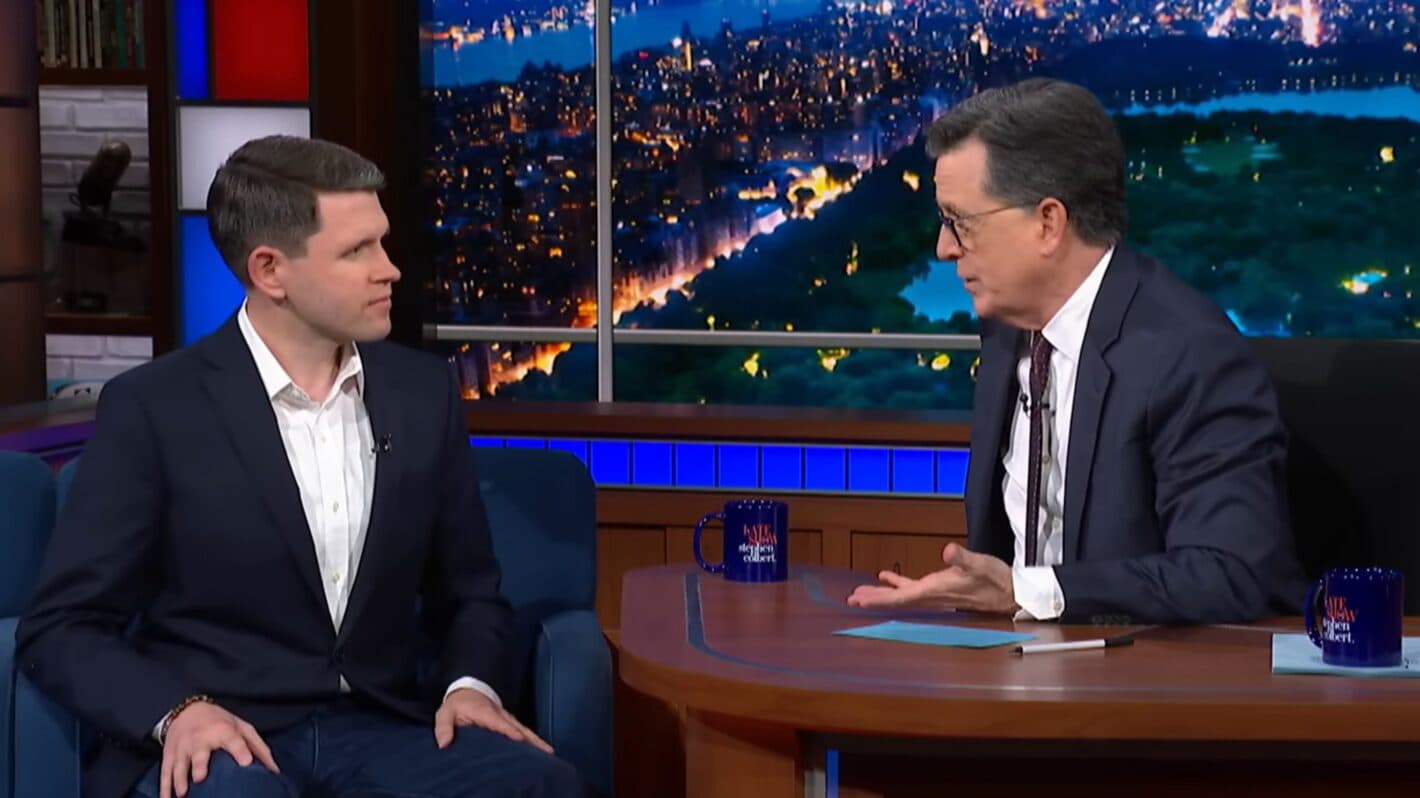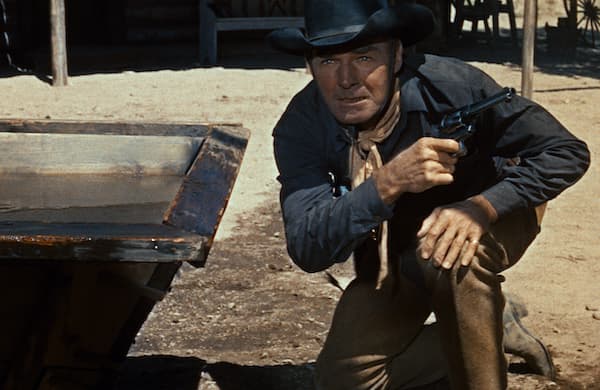
‘I Have the Right To Talk About Their Decision’: Colbert Doubles Down on Claim CBS Blocked Him From Interviewing Democrat
By BRADLEY CORTRIGHT
|The satisfactions derived from ‘The Tall T’ (1957), “Ride Lonesome,’ and ‘Comanche Station’ (1960) can be traced, in significant part, to screenwriter Burt Kennedy’s gift for the tough-nugget, homespun bon mot.

Already have a subscription? Sign in to continue reading

By BRADLEY CORTRIGHT
|
By DANIEL EDWARD ROSEN
|
$0.01/day for 60 days
Cancel anytime
By continuing you agree to our Privacy Policy and Terms of Service.
By LAWRENCE KUDLOW